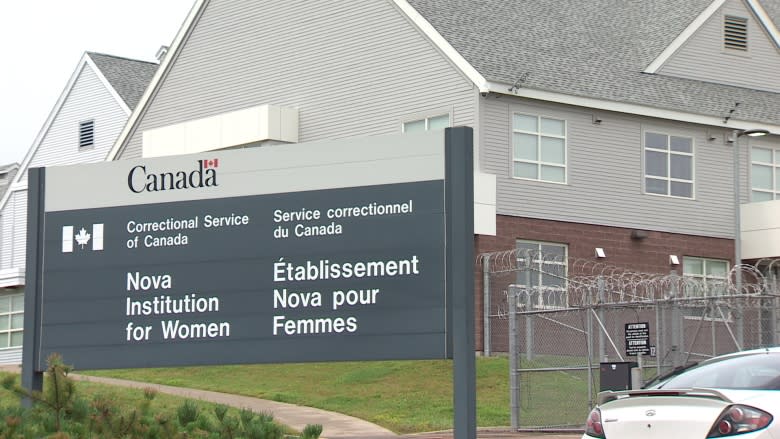Camille Strickland-Murphy had great potential, friends say
Camille Strickland-Murphy, the St. John's woman who died at the federal prison where she was serving her sentence, is being remembered as young person with a lot of potential who was up against severe mental health and addictions issues.
Strickland-Murphy, 22, who was serving a three-year sentence for the armed robbery of a Shoppers Drug Mart, was found unresponsive in her cell on Tuesday night.
"She was smart. She was funny. She filled a room. She had so much energy," said brother Keir Strickland-Murphy.
In the last hours of Strickland-Murphy's life, she spoke with her brother, who said the telephone conversation was a positive one with discussions of friends, family and the future.
"She seemed OK. She seemed fine," Strickland-Murphy said. "I'm really glad I got the chance to talk to her again."
Strickland-Murphy's troubles began in high school, friends say, when she began experimenting with drugs and alcohol, presumably to self-medicate.
Her first brush with the law happened in 2012 when Strickland-Murphy held a woman at knife point outside a bank at Churchill Square.
Sufficient help not available
According to her brother and friends, Strickland-Murphy wasn't receiving the care she needed at the Correctional Centre for Women in Clarenville, and had been taken off her anxiety medication.
"The system really did fail Camille and they aren't equip to help those with mental illness," said Christa Fisher. "There were incidents prior where Camille was clearly crying out for help and she didn't receive it."
"All of us are thinking as her friends, what could we have done? Should we have wrote her more? Should we have stayed in constant contact?" friend Mollie Jameson told CBC News on Friday.
For those who offer no sympathy for people like Strickland-Murphy, friends and family want people to understand her struggles, and also remember her as an intelligent, talented woman.
"It should be eye opening but Camille … she went to prison, she owed a debt to society, but that debt shouldn't have been paid with her life," Keir Strickland-Murphy said.
"I think it's incredibly unfair for people to judge when they don't have these problems and they don't know how it effected her," Fisher said.



